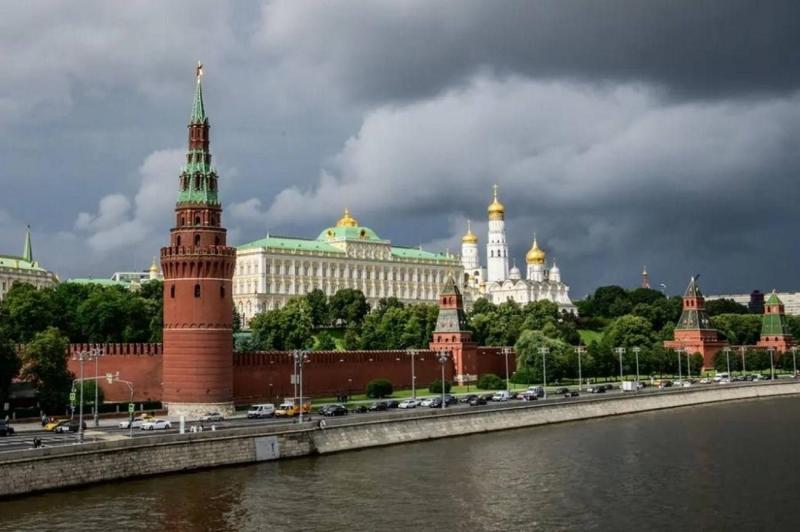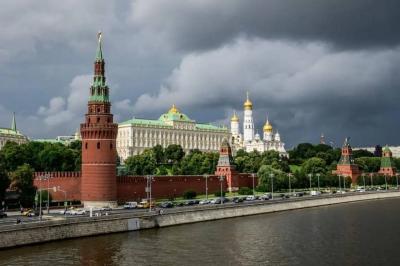The 27th of last month marked a fiery chapter in the vast history of Mali. A battle erupted between the forces of the Tuareg Azawad movement and the Malian army bolstered by Russian "Wagner" troops. Mali, a nation born in 1960 after gaining independence from France, bears the burdens of geography, history, ethnicity, religion, and language. The country stretches across the Sahara Desert, where its land holds wealth beneath and poverty above. Throughout history, its sultans have predominantly been Muslims, some of Arab descent. The northern region is inhabited by Tuaregs and Arabs, covering an area of 1,240,192 square kilometers, which is about two-thirds of the country's total area, and it is home to approximately one and a half million people.
Tuareg uprisings began just three years after independence, demanding autonomy from the central government. During French colonization, the Tuaregs and Arabs boycotted the French schools, viewing them as centers for Christian proselytism, opting instead to learn the Quran and Islamic jurisprudence. They were not given opportunities to engage in political and administrative roles in the new independent state. The northern region was marginalized and did not receive its share of development. The Tuareg uprisings in Azawad do not fade away without flaring up with greater intensity, expanding territory, more fighters, and modern weaponry.
In recent days, fierce battles have erupted in northern Mali between Azawad fighters and the Malian army supported by Wagner battalions. Dozens of Wagner troops have been killed, and there are significant numbers of casualties and prisoners among the Malian army and Wagner forces, with Tuareg fighters managing to destroy various Russian vehicles. The Malian army has retreated after suffering heavy losses in soldiers, both dead and wounded, and in equipment as well. The Malian army, along with Wagner forces, claimed that a severe sandstorm disrupted their visibility and scattered their troops, allowing the Azawad forces to finish them off and inflict losses.
Dust storms and tribal conflicts, coupled with armed terrorist groups crossing borders, are operating with strength shielded by the winds and the sand. The Azawad fighters are intimately familiar with the desert, navigating it on camels and donkeys, or on foot, carrying small water containers and light weapons. War has been an integral part of their lives for many years. Algerian fighters exhausted the French occupying army in the desert's vastness and mountains, just as Libyan fighters did in their long resistance against Italian colonization. The sand and winds of the desert are a fighting power.
The Sahel and Sahara region, where three of its countries, Mali, Niger, and Burkina Faso, declared the establishment of a confederation, is under heavy attacks from extremist Islamic groups that are expanding in most Sahel and Sahara countries. France was the primary force combating armed extremist groups, providing financial and military support to the governments of these nations, under the coverage of its currency, the CFA franc. However, following recent coup movements, these nations severed their historical ties with France and turned towards Russia.
The battle in northern Mali represents the first armed clash between Russian forces and Azawad fighters, resulting in a significant shock for the Russians. What will be the next tactical and strategic plan for Wagner in the region? Will Russia coordinate with Algeria to play its usual role of bringing adversaries to the negotiation table to achieve whatever peace is possible on the ground, or will Russia, through the Wagner group, escalate military confrontations to eliminate the Azawad rebels? Algeria has played several roles in arranging agreements between various Malian governments and Tuareg rebels, with the latest agreement occurring in 2015, granting a degree of autonomy to northern Mali. However, this agreement carried within it the seeds of its sabotage.
Within the Tuareg group, there exists a strong faction that insists on secession from Mali to establish an independent nation for the Tuaregs in the north. On the other hand, discrepancies emerged within successive Malian governments regarding the Algiers Agreement. The government following the recent coup in 2020 annulled the Algiers Agreement, reigniting the northern war. The direct Russian military intervention in the recent conflict in northern Mali could serve as a spark for extensive, cross-border battles in the Sahara.
Al-Qaeda fighters have a strong presence throughout the region, as do ISIS affiliates who have united with Boko Haram in Nigeria, alongside other emerging extremist Islamic groups in the fragmented Congo and Mozambique. Experts and observers warn of the potential creation of a communication network among these extremist Islamic forces across Africa, particularly in the Sahel and Sahara region. The United Nations and the European Union have stepped back from playing an active role in the Sahel, especially in resisting extremist groups and supporting national armies, while the African Union lacks the military power capable of intervening to curb these extremist groups. The disturbances and civil wars have burdened many nations on the continent. Can the new military force, Russia, confront the dusty storms of Africa and the fiery blue veils exploding in its landscape?




